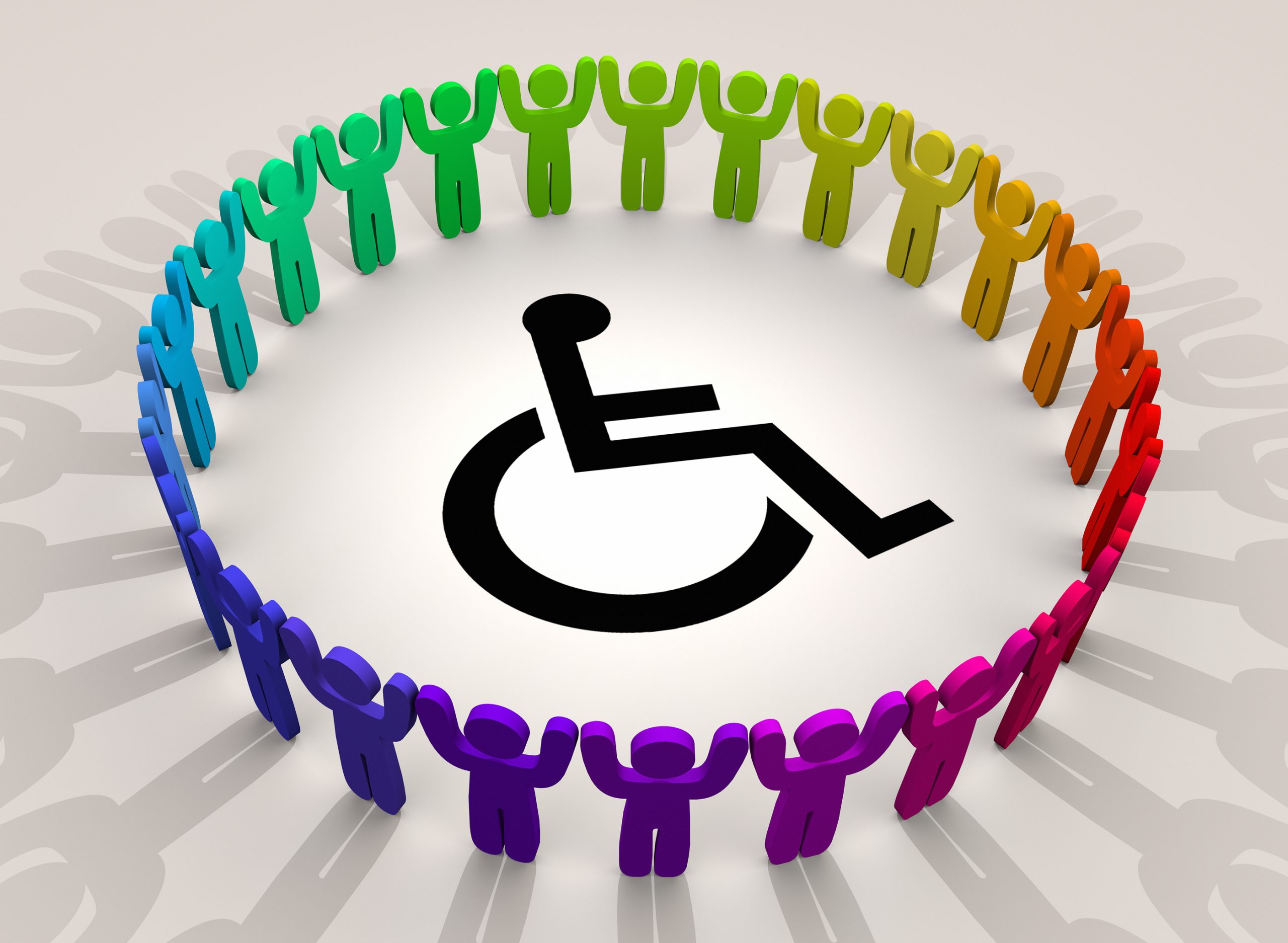The Supreme Court ruling in Omkar Ramchandra Gond Vs Medical Council of India is a pivotal moment in the fight for inclusivity and equal opportunity in India’s education system, particularly for people with disabilities. The decision reaffirms that a benchmark disability of 40% or more cannot be an automatic disqualifier for admission to educational institutions, including medical courses unless a specialised medical board determines that the disability will prevent the candidate from pursuing the course. This ruling upholds the principles of justice, equality, and the constitutional right to education for all, including persons with disabilities. One of the key highlights of this judgement is its emphasis on individual assessments rather than blanket disqualification based on disability percentages. The Supreme Court rightly pointed out that lumping together people with varying levels of abilities, even within the same category of disability, amounts to over-inclusion and violates the fundamental right to equality under Article 14.
The decision makes it clear that a Disability Assessment Board must carefully consider whether a candidate, despite their disability, can effectively pursue a given course. If the Board finds that the candidate cannot, it must clearly state the reasons for its conclusion. Furthermore, the court’s reference to advancements in assistive technology reflects a forward-thinking approach. Integrating such aids can significantly diminish the challenges faced by students with disabilities, allowing them to succeed in competitive and demanding fields like medicine. Importantly, the court also stressed the need for a more inclusive attitude from Government bodies, regulatory authorities, and even private institutions. The focus, as the judgement eloquently states, should not be on how to disqualify candidates but on how to enable them to realise their educational potential. This shift in perspective, mandated by the Rights of Persons with Disabilities Act, is crucial for building a more just and equitable society. The impact of this ruling could be profound. The decision marks a significant step toward creating a truly inclusive education system, one that ensures equal opportunities for all, regardless of disability.
Trending Now
E-Paper


